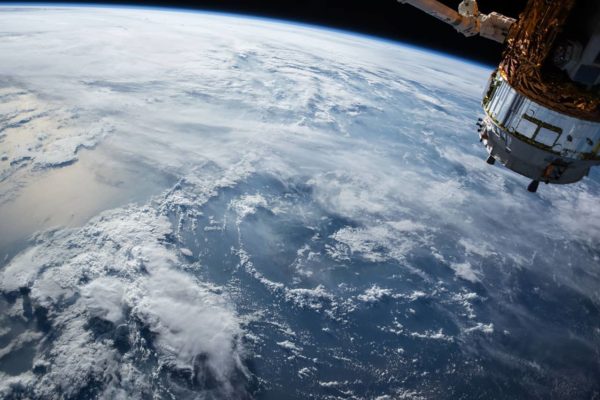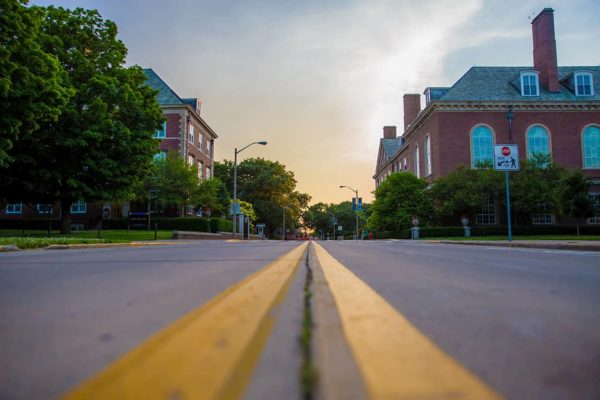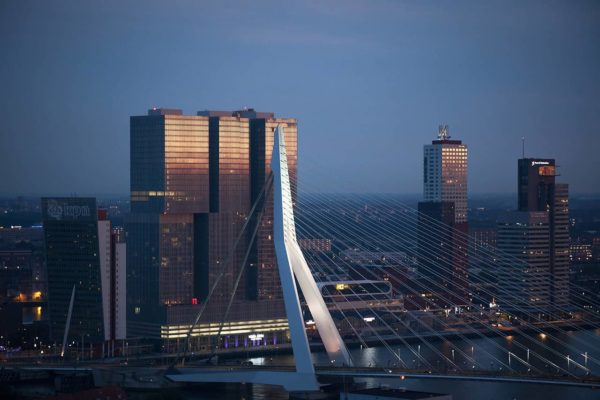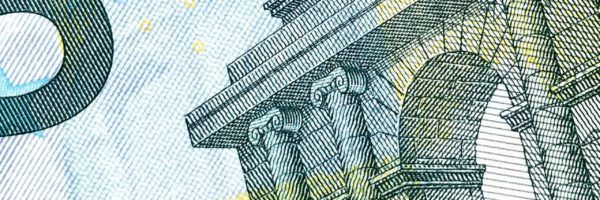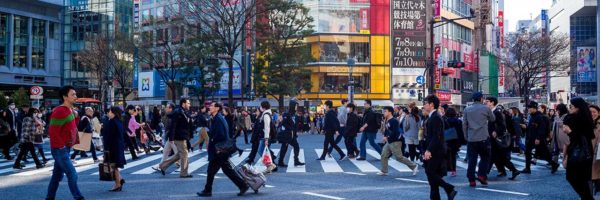WHY WORK WITH ABABSY ?
ABABSY & ASSOCIATES LLP(hereafter referred to as The Firm).
Was established in 2012 to provide consultancy services on Financial Management, Accountancy, Tax consultancy, Audit & Assurance, and Investment Advisory to organizations in order that they may maximize their productivity and efficiency. The firm is working hand in hand with a sister company, ABABSY CONSULTING LTD, which is a Kenyan registered business advisory enterprise to covers areas that are otherwise limited for audit firms.
Learn MoreYEARS OF EXPERTISE
OUR PARTNERS
-

Ababsy & Associates aims to introduce a fresh prospective to client service. In the current competitive…
FCB,DR, CPA ABDIHAFIDH SHEIKH YAROW.Group Chairman & Founder
QUICKLY CONTACT US
E: info@ababsy.com
P: +254 728 432 712
Give us a call or drop by anytime, we endeavor to answer all inquiries within 24 hours on business days.
We are open from 10am — 5pm on week days.









